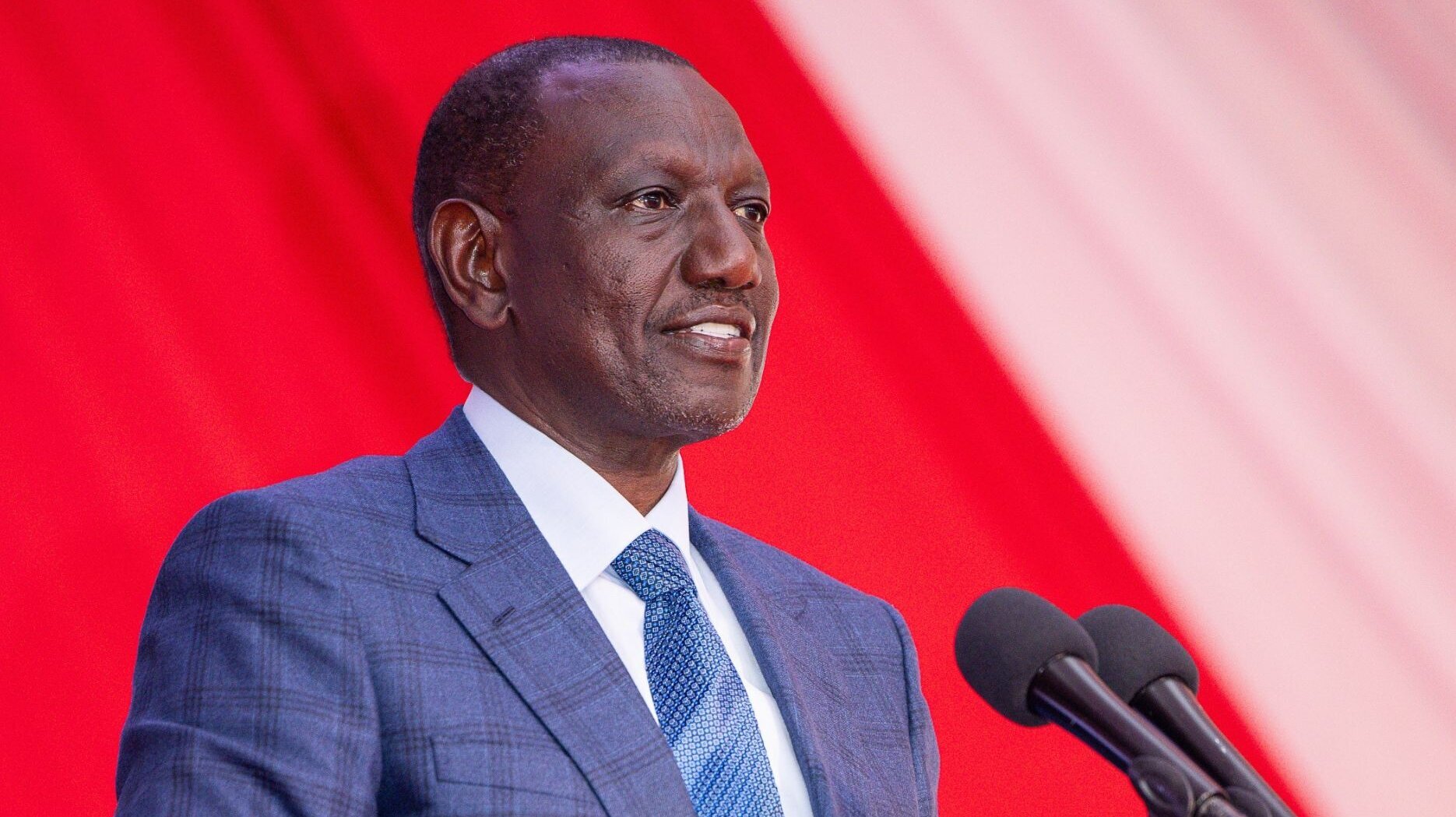Why President Ruto is facing criticism from religious leaders

President William Ruto. File photo
President William Ruto’s administration has faced mounting criticism from religious leaders, with many decrying the government’s performance as ‘poor’ and urging a course correction.
The Anglican Church of Kenya (ACK), the country's second-largest religious group, has joined the Catholic Church in publicly expressing dissatisfaction with Dr Ruto's leadership.
The wave of criticism follows a sharp rebuke from the Kenya Conference of Catholic Bishops, to which government-affiliated leaders quickly responded with strong rebuttals.
On Monday, ACK Archbishop Jackson Ole Sapit delivered a pointed critique of the Kenya Kwanza administration, stating that it has failed to steer the country in the right direction.
He emphasized that the church will not be silenced in its calls for accountability.
“We believe the government has yet to turn the country around. Dismissing the bishops’ concerns as ‘misleading, erroneous, and false’ is dishonest,” Ole Sapit said in a statement. “The bishops have spoken the truth as it is on the ground.”
Ole Sapit defended the Catholic bishops from attacks by some government leaders, urging them to focus on the critical issues raised by the church, which reflect the struggles faced by ordinary Kenyans.
“No amount of attacks or intimidation will deter the church from calling out wrongdoing and speaking the truth to power,” he said.
The Archbishop also urged the political class to listen to the people and take tangible action to address the country’s pressing issues, including unemployment, high taxes, and the ongoing housing evictions.
“Politicians must come down from their high horses and engage with the people. Kenyans don’t need lectures; they need services and honest leadership,” Ole Sapit said.
He also underscored the need for greater government transparency and timely solutions to issues like healthcare and education, which he said are in urgent need of reform.
“The new university funding model has failed, and public universities are struggling due to delayed funding,” Ole Sapit noted.
He also criticized the transition from the National Hospital Insurance Fund (NHIF) to the Social Health Insurance Fund (SHIF), which he said had caused significant hardship for many Kenyans.
The ACK leader further highlighted the government’s failure to address serious security concerns, including unresolved cases of abductions and murders. He lamented the burden placed on citizens through rising taxes and unemployment.
The criticism from Ole Sapit was echoed by a coalition of religious leaders from Nyanza, who warned the government against its growing trend of what they termed oppression and mismanagement.
Led by Rev Prof David Kodia, Bishop of Bondo, and other prominent religious figures, the group expressed concern over what it termed the government’s increasing disregard for the rule of law and its silencing of dissent.
“We may be forced to mobilize Kenyans for acts of civil disobedience, including refusing to pay taxes, in protest of the government's actions,” Prof Kodia warned during a press briefing in Kisumu.
The clerics accused the government of undermining democracy and moving toward a “totalitarian state.”
They also raised alarm over what they described as the concentration of power in the hands of a few.
“Kenya is sliding into a dictatorship. The government is using state machinery to stifle dissent and create an atmosphere of fear,” Prof Kodia said.
“This is not just a political issue, but a moral and spiritual crisis.”
The religious leaders emphasized that their criticisms were rooted in a commitment to justice, democracy, and human dignity.
They urged Kenyans to peacefully protest the government’s alleged authoritarian practices and mismanagement.
“We call on all Kenyans, regardless of their faith or political affiliation, to join us in this cause,” said Rev Clement Otieno, Bishop of the Free Pentecostal Church of Kenya.
“This is a fight for the soul of our nation.”
